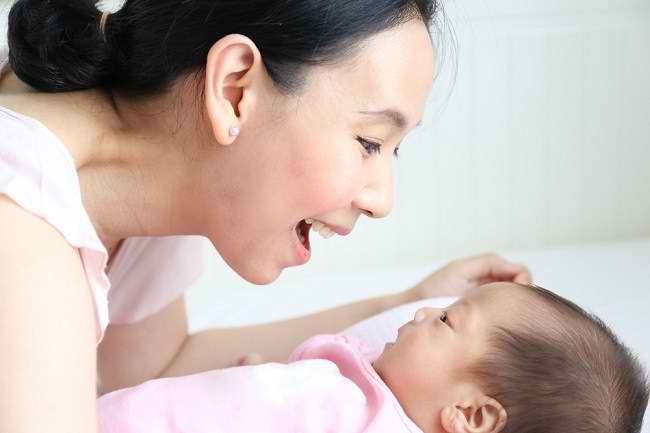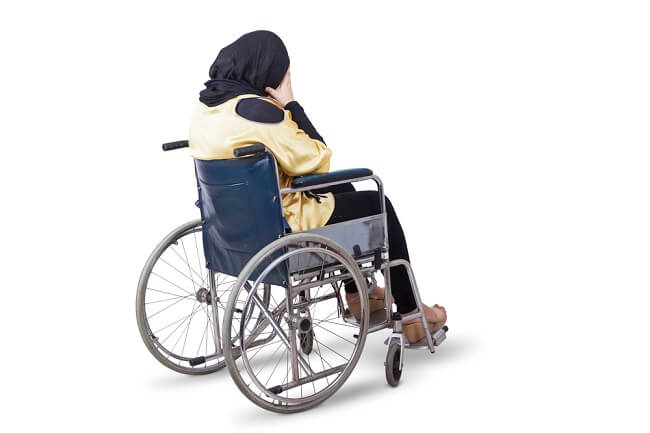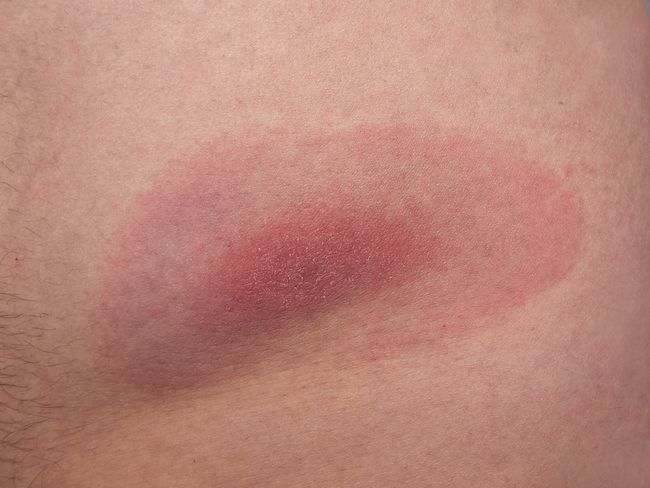Parents are often confused when their child enters the phase terrible two, namely when the child enters the age of toddler or 2 years. The child begins throwing things, biting, kicking, and exhibiting other irritating behaviors. Be patient, yes, Mother. This is very natural, how come.
When entering the age of 2 years, which is a period that is often called the phase terrible twoThe child is still egocentric and feels that everything is centered on him. He has not been able to see from the perspective of others and love others as he loves himself. That is why, children of this age often engage in unpleasant behavior, destructive behavior, and tantrums.

Overcoming Unpleasant Behavior in Terrible Two
One of the most effective ways to deal with unpleasant children's behavior is to invite them to learn to socialize. For example, playing with peers or playing with siblings or cousins. These ways can help children to develop social skills and a sense of empathy.
Then how do we teach values or social rules to children? Instilling values in children takes a long process. You can't expect your little one to change with just one or two advices. So, it takes the patience of parents in instilling good values in children.
Basically, children learn the values of kindness or manners by imitating the behavior of their parents on a daily basis. Therefore, Mother needs to be role models for the Little One. Show how to be kind to others and how to treat others with respect.
It should be noted, you also need to treat your little one with respect, including empathizing with him when he is sad, angry, or bored.
Overcoming Destructive Behavior in Terrible Two Phase
Although children under 3 years old (toddlers) often exhibit destructive behavior, such as tearing magazines, scribbling on walls, or spilling powder on the floor, they don't always intend to do this on purpose.
This behavior can occur for several reasons, including:
- Frustration, for example because he didn't get what he wanted and then threw things at the wall
- Movement coordination is not perfect, so the item he is holding falls and gets damaged
- High curiosity, for example, a child is curious what will happen if he disassembles remote TV and removing the contents
Whatever the reason for the little one doing the behavior, you must convey to him that the behavior is wrong. Mother does not need to be angry, shout, or yell at the Little One, especially if this behavior arises from accident.
There are several things that parents can do when dealing with destructive behavior in children in the phase terrible two this, namely:
1. Teach children to be more careful
For example, tell the child that a broken glass has sharp edges that could hurt him, then tell the child to ask an adult for help if he wants to pick up the glass.
2. Ask the child for help to improve the situation
For example, asking the child to help wipe up the water he spilled, glue the piece of paper he tore up, or pick up a toy he threw and put it back in its place.
3. Give suggestions for dealing with frustration
For example, if your child is frustrated because they keep failing to arrange their toy blocks, give them tips on how to arrange blocks so they don't fall off easily.
4. Invite children to explore the environment
Support children to fulfill their great curiosity by providing a safe environment. For example, giving him non-breakable objects and safe toys.
Dealing with Tantrums in Terrible Two
The little one who enters the phase terrible two may have had tantrums, such as wailing, rolling on the floor, or screaming in public.
Children of this age are actually able to read and take advantage of situations. Children know that their parents will not be angry when they have tantrums in public and will obey their wishes so that they stop tantrums.
Generally, tantrum behavior will decrease and disappear as the child gets older. To relieve tantrums, you need to understand first some of the reasons why your child is in this phase terrible two often have tantrums, namely:
- The need to relieve frustration
- The need to express his feelings, needs, and desires
- The need to feel important, valuable, and wanted
- Lack of self control and can't control emotions
- Feeling hungry, thirsty, tired, or bored
There are two things you need to do to deal with the tantrums launched by your little one, namely handling steps and preventive steps. Here is the explanation:
How to deal with tantrums
Generally, tantrum behavior will decrease and disappear as the child gets older. Some steps you can take when your little one shows tantrums are:
- Stay calm and don't deal with tantrums with anger, because your child's tantrums will only escalate if they respond with emotion.
- Speak softly. If a child's tantrum is responded to by screaming, usually the child will scream louder.
- Avoid corporal punishment, as this is tantamount to punishing a child for something they have no control over.
- Avoid arguing, bargaining, or giving lengthy explanations when your child has a tantrum.
- Protect the child and make sure the surrounding environment is safe, because a child who has a tantrum is at risk of injury due to collisions with sharp objects or other objects in the vicinity.
- Express empathy when your child is expressing their emotions. Show that you can feel what she is feeling too.
- Try to hug your child so that the anger subsides or divert the child's attention to something else of interest.
How to prevent tantrums
To prevent tantrums, you need to observe and record your child's tantrum behavior for 1-2 weeks. Take note of when your little one has a tantrum and what triggers it.
After that, do the ways to deal with tantrums as described above and teach your little one to express his frustration, anger, or disappointment verbally (with words) and in a more polite way. Observe changes in your child's behavior and record them as evaluation material.
Obnoxious child behavior in phase terrible two is normal. However, if this behavior occurs more than 2 times a day, accompanied by explosive emotions, and it is overwhelming for you to deal with it, you should consult this problem with a child psychologist or pediatrician.
Written by:
Adisti F. Soegoto, M.Psi, Psychologist(psychologist)









